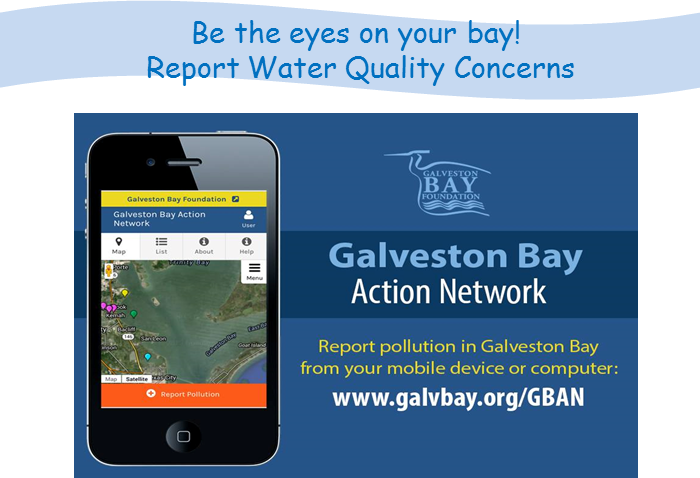How important is water? It’s essential to life, our economy, and our well being. Even though it may seem like we have an endless supply, less than 1% of water on Earth exists as usable, potable water. Even in places where the water supply seems plentiful, excessive water use in homes and lawns make an impact on your wallet, the economy, and the environment.
Smart water use and conservation not only benefits the environment and the generations to come but it can also benefit you and your family right NOW. By using more water than is needed, you’re paying for more than you use. Reducing water use will lower your water and sewer bills. If you’re a well owner, it will lower your utility bills and improve your budget’s bottom line.
If you’re ready to start conserving water and saving money, follow the simple tips outlined below and see how YOUR actions can make a difference.
Do…
seek out and fix water leaks in your home. Look under sinks, around showers, tubs, and toilets. Look for puddles, drips, water stains, and mildew. Check the water meter- if it moves while water is not being used, you have a leak.
Do install water saving devices. This is easily one of the most substantial ways to reduce your water use.
Do purchase toilet dams for each toilet in your house. A toilet dam is an inexpensive way to save 40% of water per flush.
Do strive to take shorter showers or turn off the water while you are soaping up. Seven minutes is the national average. Think you can do better? This will help your energy bill, too.
Do water your lawn early in the morning or early in the evening to avoid evaporation that occurs during full sun. Evaporated water does not help your lawn, but it does cost you money.
Do cover your garden with organic mulch, such as wood chips, to retain moisture.
Do collect rain water from your roof to a rain barrel to water your landscape. Rain is FREE, your tap is not.
Don’t…
let the water run while you wash your face, brush your teeth, or shave. This simple action will help you reduce your personal water use at the sink by as much as 70%.
Don’t let the water run while washing dishes by hand. A 10 minute dish washing session could cost you 15 gallons of water.
Don’t let the water run while you wait for the water to turn cold. Keep a reusable bottle or container of tap water in the refrigerator.
Don’t over water your lawn. Most established lawns need only one inch of water a week.
- The combination of wasteful practices and pollution are deteriorating our available potable water supplies.
- Great amounts of energy are used to transport, heat and treat water-this increases fossil fuel consumption. It also shows up in your energy bill.
- Following water conservation strategies will lower your water and sewer bills.
- Water Conservation Check-list for the Home- AgriLife Extension
- Water Conservation Directory
- Texas Water Conservation Association
- Water Conservation-Texas Water Development Board
- Water Conservation Webinars-Texas Water Development Board
- Water Use-USGS
- Water Conservation-Youth Activities
- Save Texas Water-TAMU
- Conservation Methods-Texas Water-TAMU
- Home Water Conservation Tips- AgriLife Extension










